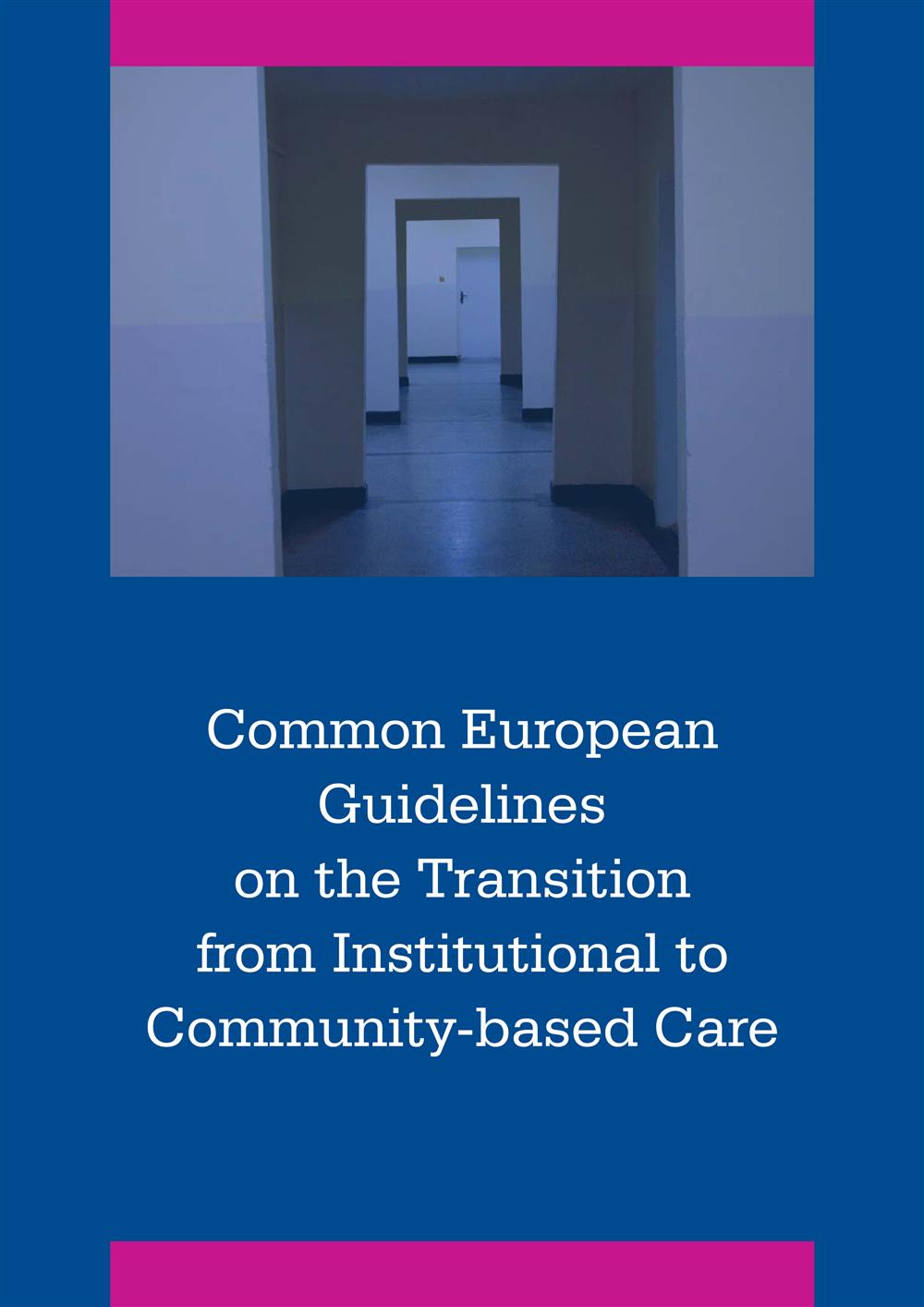Diverting EU funds towards community-based care
- Organization
- Lumos Foundation
- Country of Implementation
- United Kingdom
- Region
- Europe
- Subregion
- Western Europe
- First published
- 31.01.2015

Solution details
People
“The EEG’s unique collaborative approach was instrumental in convincing the EU to put a stop to its funds being used on harmful institutions.” Georgette MULHEIR, Chief Executive, Lumos Foundation
Problems Targeted
More than 1 million children and adults live in institutions in the European Union. Evidence shows that institutional care leads to social exclusion, segregation, and can negatively affect brain development in very young children. The EU plays an important role in shaping social policy within Europe through the provision of several funds, which need to be diverted from institutional care to community/family-based services.
Solution, Innovation and Impact
The EEG was established to support the EU in promoting care reform across Europe. It provides guidance and tools, raising awareness and lobbying for the regulation of the EU’s €367 million structural and investment funds in order to divert them away from institutions and towards family-based care. The Expert Group consists of organizations representing children, families, persons with disabilities, persons with mental health problems, public and non-profit service providers, public authorities, and international non-governmental organizations. EEG activities have resulted in more people with disabilities accessing basic and universal services in their own communities, and in EU officials and governments of EU members being more aware of the vulnerabilities of people with disabilities.
Funding, Outlook and Transferability
The success achieved in the EU has initiated a process of review by the United States, World Bank, and other international donors to explore how they can ensure that their own funds are used appropriately with regard to institutionalisation. The EEG guidelines and toolkit provide a model for other types of donors related to the eradication of institutional care. Currently, the EEG is exploring with the European Foundation Centre and others if revised versions tailored to private trusts and other grant-giving bodies would be useful.
Media
Related information
- Connections
- 1
-
Organization